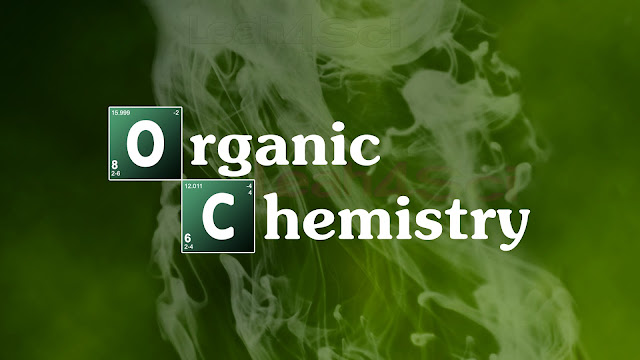Organic chemistry is a chemistry sub discipline involving
the scientific study of the structure, properties, and reactions of organic
compounds and organic materials, i.e., matter in its various forms that contain
carbon atoms. Study of structure includes many physical and chemical methods to
determine the chemical composition and the chemical constitution of organic
compounds and materials. Study of properties includes both physical properties
and chemical properties, and uses similar methods as well as methods to
evaluate chemical reactivity, with the aim to understand the behavior of the
organic matter in its pure form (when possible), but also in solutions,
mixtures, and fabricated forms. The study of organic reactions includes probing
their scope through use in preparation of target compounds (e.g., natural
products, drugs, polymers, etc.) by chemical synthesis, as well as the focused
study of the reactivity’s of individual organic molecules, both in the
laboratory and via theoretical (in silico) study.
Some Important Sections in Organic Chemistry:
- Stereochemistry
- Reaction Mechanisms
- Organic Structures
- Nomenclature
- Organic Reachtions
- De-localization & Conjugation
- Acidity, basicity, and Pka
- Nucleophilic Substitution at Carbonyle
- NMR: Proton Nuclear magnetic resonance
- Conformational Analysis
- Elimination Reactions
- Spectroscopic methods (Review)
- Retrosynthetic analysis
- Aromatic heterocycles
- Diastereoselectivity
- Radical Reactions
- Synthesis and reactions of carbenes
- Organometallic Chemistry
- Asymmetric synthesis
Recommended Books:
- Organic Chemistry by Jonathan Clayden, Nick Greeves, and Stuart Warren (SECOND EDITION).
- Advance Organic Chemistry by Francis A. Carey, Richar A. Sundberg (5th Edition).


0 comments :
Post a Comment